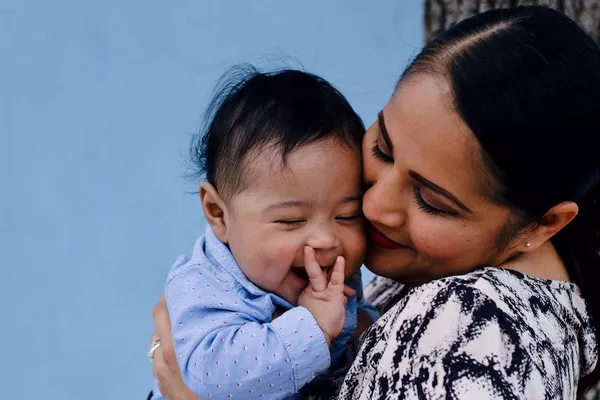When you welcome a precious newborn into your life, their health becomes your top priority. As a new parent, it can be concerning when your little one catches a cold. While most colds are typically harmless and resolve on their own, it’s important to know when it’s necessary to seek medical attention for your baby. In this comprehensive guide, we will discuss the signs to look out for and provide you with a clear understanding of when it’s appropriate to take your newborn to the doctor for a cold. So, let’s dive in!
Recognizing the Common Cold Symptoms in Newborns:
Newborns are more susceptible to infections, including the common cold, due to their developing immune systems. It’s essential to be able to identify the symptoms of a cold in your little one. The common cold symptoms in newborns may include:
a) Nasal congestion: If your baby’s breathing seems labored or you notice a stuffy or runny nose, it could be a sign of a cold.
b) Sneezing and coughing: Occasional sneezing and coughing are common in infants. However, if these symptoms become persistent or worsen, a cold may be the cause.
c) Mild fever: A slight increase in body temperature is normal during a cold. However, if your baby’s fever exceeds 100.4°F (38°C), it’s advisable to consult a healthcare professional.
When to Monitor Your Newborn at Home:
In most cases, a common cold in a newborn can be managed at home with proper care and attention. However, it’s crucial to be aware of specific conditions that may require medical intervention. Here are some guidelines to help you monitor your baby’s condition at home:
a) Hydration: Ensure your baby is nursing or bottle-feeding adequately to maintain hydration. Look out for signs of dehydration, such as decreased urine output or a dry mouth.
b) Breathing difficulties: Observe your baby’s breathing patterns. If you notice rapid or shallow breathing, wheezing, or any signs of respiratory distress, contact your healthcare provider immediately.
c) Persistent high fever: If your newborn’s fever persists for more than three days or reaches a high temperature, it’s advisable to consult a doctor. High fever might indicate a more severe underlying condition.
d) Unusual behavior: Pay attention to your baby’s behavior. If they appear excessively irritable, lethargic, or have a significant change in eating or sleeping patterns, it’s essential to seek medical advice.
Seeking Medical Attention for Your Newborn:
While most colds in newborns resolve on their own within a week or two, there are certain situations where seeking medical attention is crucial. Here are some instances when it’s recommended to take your newborn to the doctor:
a) Severe symptoms: If your baby is experiencing severe symptoms such as persistent high fever, difficulty breathing, or a significant decrease in appetite, consult a healthcare professional promptly.
b) Age considerations: Newborns under three months old are at a higher risk of complications from respiratory infections. It’s advisable to seek medical attention for any cold symptoms in this age group.
c) Underlying health conditions: If your baby was born prematurely or has any pre-existing medical conditions, it’s important to consult a healthcare provider for guidance, as they may have a higher risk of complications.
d) Concerns about well-being: As a parent, always trust your instincts. If you have any concerns about your baby’s well-being or their cold symptoms seem to worsen despite home care, it’s best to consult a doctor for peace of mind.
Conclusion:
Taking care of a newborn with a cold can be a worry for any parent. By familiarizing yourself with the common cold symptoms in newborns and knowing when to seek medical attention, you can ensure your baby receives the necessary care. Remember, it’s always better to err on the side of caution when it comes to your baby’s health. If you have any doubts or concerns, don’t hesitate to reach out to your healthcare provider. With proper care and attention, your little one will be back to their joyful, healthy self in no time!


